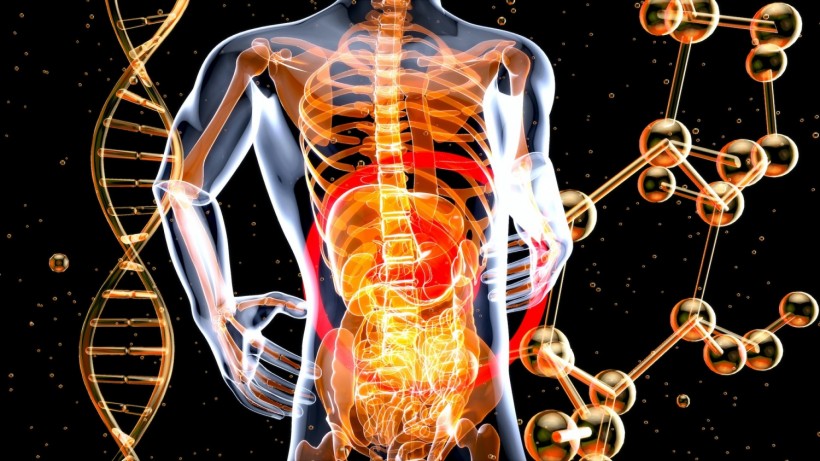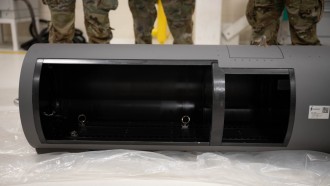
The image analysis can rapidly decide which ones have the best transplant success rate.
Artificial intelligence (AI) can choose organ donors for transplants with more accuracy than humans, according to British researchers working on the new system.
According to Evening Standard, the National Institute for Health and Care Research (NIHR) has awarded more than £1 million ($1.1 million) to a group of experts working on an AI initiative to expand the supply of organ transplants.
AI in Healthcare Field
Currently, surgeons must evaluate the quality of donated organs to determine whether they are appropriate for transplant.
But with this cutting-edge approach, an AI and its "memory" of thousands of images of donor organs can easily determine which ones have the highest success rate in transplants.
The study has the backing of the government, NHS Blood and Transplant (NHSBT), and the NIHR Blood and Transplant Research Centre.
The technology is still being developed, but the team, which includes scientists from the University of Oxford, is certain that it will eventually benefit the NHS.
OrQA (Organ Quality Assessment) was developed by a group of people who believe it might lead to an annual increase of 100 liver transplants and 200 kidney transplants in the UK.
Also Read: Stanford Research Suggests Motion Sequencing Can Potentially Help Epilepsy
'Organ Quality Assessment'
Professor Hassan Ugail is the head of the center for visual computing at the University of Bradford, whose team is designing the image analysis.
In an interview with a media outlet, he said, "Currently, when an organ becomes available, it is assessed by a surgical team by sight, which means, occasionally, organs will be deemed not suitable for transplant."
He added, "We are developing a deep machine learning algorithm which will be trained using thousands of images of human organs to assess images of donor organs more effectively than what the human eye can see."
Surgeons will soon be able to snap a picture of a donor organ, submit it to OrQA, and get feedback on how best to use the organ within minutes.
Examining for signs of injury, preexisting diseases, and the extent to which the organ has been cleansed of blood will all play a role in the OrQA.
Newcastle upon Tyne Hospitals NHS Foundation Trust surgeon and project co-lead Colin Wilson confirmed that up until now, they have not yet had anything to support them at every moment of organ retrieval.
He added that experts and patients alike should applaud this development since it will help speed up the process of finding suitable organ donors.
"The software we have developed 'scores' the quality of the organ and aims to support surgeons to assess if the organ is healthy enough to be transplanted."
Meanwhile, Health Minister Neil O'Brien acknowledged the potential of this new system. He encourages people to register their organ donation decision.
Also Read: New AI App Interprets Emotions to Better Understand Nonverbal Individuals










